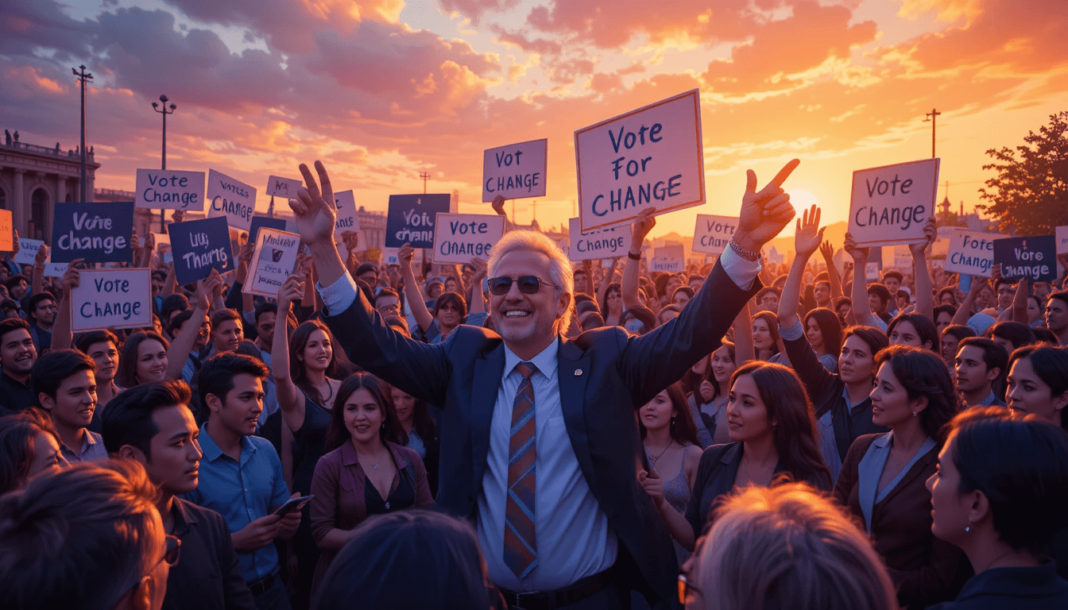Why Start Your Own Political Campaign?
A political campaign is more than a bid for office—it’s a chance to advocate for issues that matter. From improving local schools to addressing climate change, candidates can shape the future. According to Ballotpedia, over 500,000 elected offices exist in the U.S., offering countless opportunities to start your own political campaign and drive change.

1. Define Your Mission and Platform
To start your own political campaign, clarity is key. What issues will you champion? Your platform should reflect your values and resonate with voters.
Steps to Build Your Platform
- Identify Core Issues: Focus on 2-3 key issues, like education or healthcare.
- Research Voter Needs: Use surveys or town halls to understand community priorities.
- Craft a Clear Message: Summarize your mission in a memorable tagline, e.g., “Education for All.”
Example: Alexandria Ocasio-Cortez’s 2018 campaign focused on economic justice, resonating with young voters through clear messaging.
outbound link: How to Define Your Mission and Platform
2. Build a Strong Campaign Team
No one starts a political campaign alone. A dedicated team ensures your message reaches voters effectively.
Key Roles to Fill
- Campaign Manager: Oversees strategy and operations.
- Communications Director: Manages media and public relations.
- Volunteers: Engage voters through door-knocking and events.
Pro Tip: Use platforms like LinkedIn to recruit passionate team members with relevant skills.

3. Develop a Fundraising Strategy
Money fuels campaigns. To start your own political campaign, you’ll need funds for advertising, events, and outreach.
Fundraising Tips
- Crowdfunding: Platforms like GoFundMe can kickstart small campaigns.
- Host Events: Organize fundraisers like dinners or rallies.
- Comply with Laws: Check FEC guidelines for campaign finance regulations.
Data Point: The average cost of a U.S. House campaign in 2020 was $2 million, per OpenSecrets.
4. Leverage Digital and Grassroots Outreach
To start your own political campaign, connecting with voters is critical. Combine digital tools with grassroots efforts for maximum impact.
Outreach Strategies
- Social Media: Share your platform on X, Instagram, and TikTok to engage younger voters.
- Door-to-Door Canvassing: Personal conversations build trust.
- Email Campaigns: Use tools like Mailchimp for regular updates.
Example: Bernie Sanders’ 2020 campaign excelled at digital outreach, raising $46 million from small donors.

5. Stay Resilient and Adaptable
Starting a political campaign is challenging. Criticism, setbacks, and long hours are part of the journey. Stay focused on your mission and adapt to feedback.
Tips for Resilience
- Practice Self-Care: Schedule downtime to avoid burnout.
- Listen to Voters: Adjust your platform based on community input.
- Celebrate Wins: Acknowledge milestones, like securing endorsements.
The Harvard Kennedy School offers resources on campaign resilience for aspiring candidates.
Your Political Campaign Starts Now
Starting your own political campaign is a powerful way to shape the future. By defining your mission, building a team, fundraising, engaging voters, and staying resilient, you can turn your vision into reality. Take the first step today—your community is waiting.





